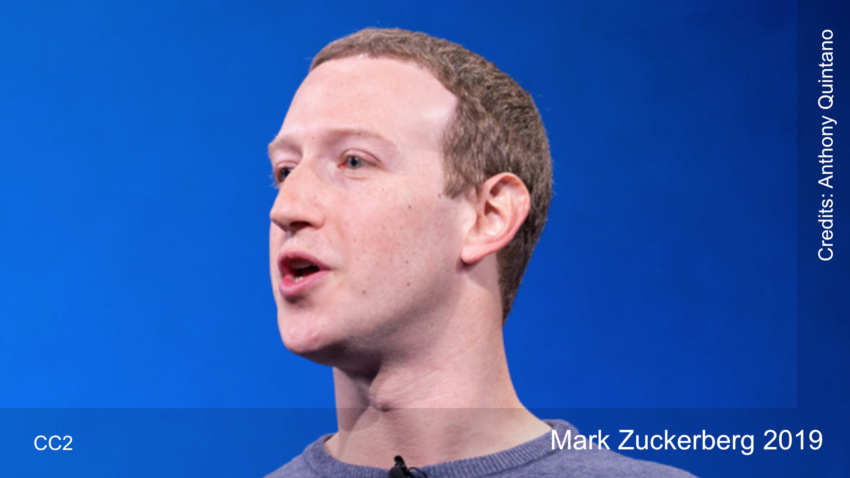Mark Zuckerberg, the founder of Facebook, expressed regret over decisions made under pressure from government authorities. On Monday, Zuckerberg addressed House Judiciary Committee Chairman Jim Jordan in a letter, acknowledging the influence of the Biden-Harris administration on Facebook’s content moderation policies.
- Zuckerberg Acknowledges Government Pressure: Mark Zuckerberg admits that Facebook faced repeated pressure from the Biden administration to limit certain COVID-19 content and regrets not resisting more firmly.
- Reevaluation of Content Moderation: Zuckerberg expressed that demoting the Hunter Biden laptop story based on an FBI warning was a mistake, indicating a shift in Facebook’s approach to content moderation.
- Government and Social Media Influence: The Supreme Court recently examined but did not support claims linking government influence to specific social media restrictions, highlighting ongoing debates around free speech.
- New Facebook Policies: Zuckerberg stated Facebook will now resist similar pressures more actively, no longer demoting U.S. content pending fact-checking—a notable policy change amid rising concerns about free speech.
Zuckerberg revealed that senior officials from the Biden administration repeatedly pressured Facebook teams to suppress COVID-19 content that the platform would not have restricted otherwise. The administration expressed frustration when Facebook disagreed. Zuckerberg’s letter emphasized his belief that government pressure was inappropriate. He expressed regret that Facebook wasn’t more vocal against such interventions. “I believe the government pressure was wrong,” Zuckerberg wrote. “I regret that we were not more outspoken about it.”
In his letter, Zuckerberg also admitted that Facebook should not have censored the New York Post’s Hunter Biden laptop story. He noted that the FBI had warned the platform about a potential Russian disinformation operation. Zuckerberg explained that Facebook temporarily demoted the story while awaiting fact-checkers’ conclusions. “In retrospect, we shouldn’t have demoted the story,” he confessed.
The Supreme Court, in June, addressed similar issues of government influence on social media platforms. They ruled that plaintiffs challenging the Biden administration’s efforts to censor speech lacked standing. Justice Amy Coney Barrett stated that the plaintiffs failed to link past social-media restrictions to the government’s communications with the platforms.
Documents from the lawsuit highlighted the government’s efforts to flag and remove certain posts. The Center for Disease Control (CDC) and the White House requested censorship of specific individuals over vaccine-related speech, including Tucker Carlson and Robert F. Kennedy, Jr. These revelations underscore the complexity of navigating free speech and misinformation in the digital age.
Zuckerberg’s letter signals a shift in Facebook’s approach. He assured that the platform is “ready to push back if something like this happens again.” Facebook no longer demotes content in the U.S. while waiting for fact-checkers, which marks a significant policy change.
As Facebook and other social media platforms grapple with misinformation and government pressure, the need for clear guidelines becomes increasingly urgent. The fine line between curbing misinformation and preserving free speech remains a contentious issue, with tech giants like Facebook at the center of the debate.

